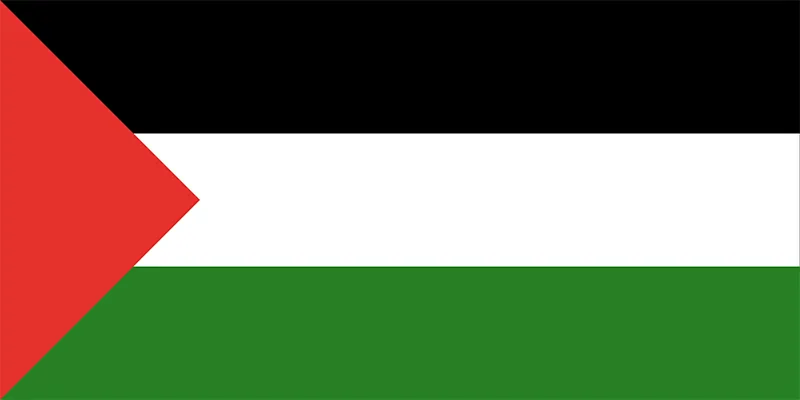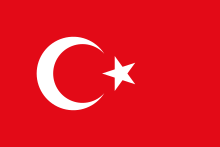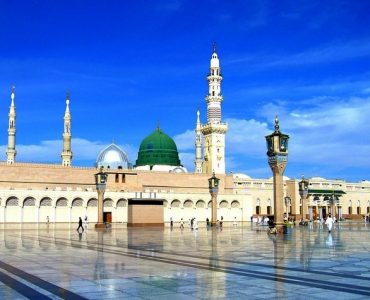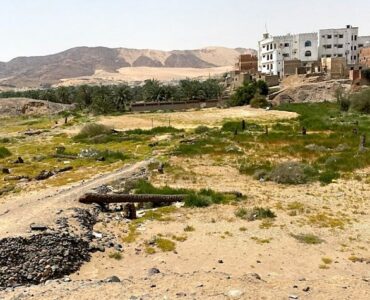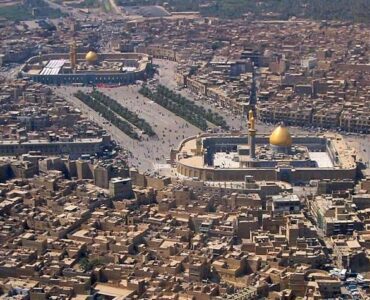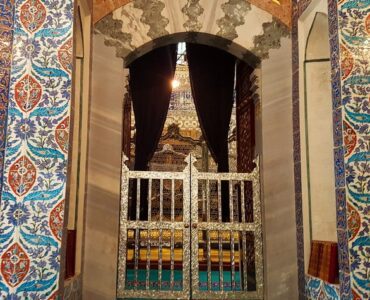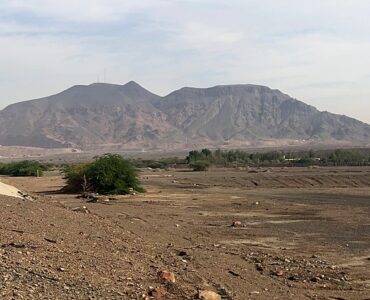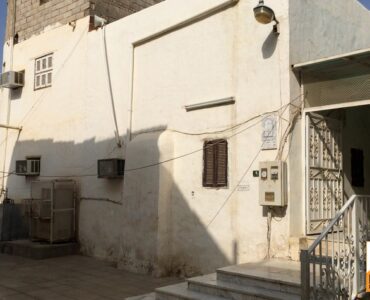Irq al-Zabiyyah is the location where the Prophet (ﷺ) and the Sahabah stopped on the 14th Ramadhan 2AH on their march to Badr. The Prophet (ﷺ) consulted with the Sahabah here whether they should go forward and fight against the mushrikeen (polytheists) of Makkah.
[Read about the previous landmark associated with the Battle of Badr: Masjid Suqya]- The Prophet (ﷺ) marched out along the road from Madinah to Makkah, passing through Naqb al-Madinah, then Al-Aqeeq, then Zul Hulaifah, then Oolat al-Jaish, then Turban, then Malal, then Ghamees al-Hamam, then Sukhairat al-Yamam, then As-Sayyalah, then Fajj ar-Rawha, then Shanookah, proceeding on until they reached Irq al-Zabiyyah.
- Abu Sufyan, the head of the caravan the Muslims were planning to intercept, was highly cautious and would ask every person he met about the movements of the Muslims. He was at a great distance from Badr when he found out that a large band of Muslims had left Madinah. Acting quickly, he turned the caravan westward and headed for the coast, bypassing Badr altogether. He then sent a messenger to Makkah to warn the Quraysh and request reinforcements.
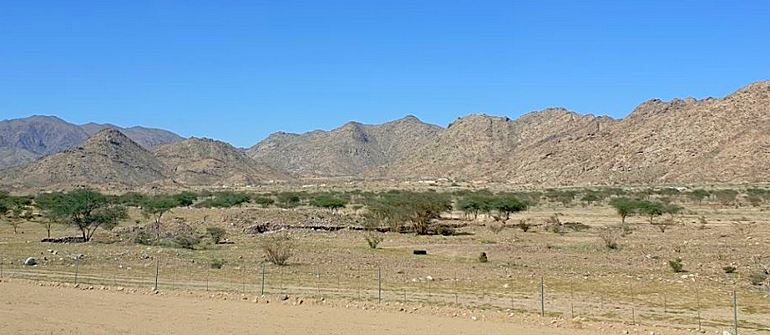

- When the Quraysh received Abu Sufyan’s message, they quickly rounded up a large squadron of men to confront the Muslims and protect the caravan. All the notable chiefs of Makkah, except for Abu Lahab, joined the force, as well as every available man from each of the neighbouring tribes.
- Ibn Ishaq mentioned some numbers about the Quraysh. There were 950 fighters from among the Quraysh and 50 were there for cooking food. They also brought with them entertainers, musicians and songstresses to celebrate their anticipated victory.
- Out of the 950 fighters, 200 were made up of cavalry (men on horses). They had so many camels that as they left Makkah and camped for the first night, Abu Jahal sacrificed 10 camels to feed the entire army. The Quraysh army travelled for a week before they reached the place near Badr. Just in the first week, they had consumed nearly 70 camels.
References: When the Moon Split – Shaykh Safiur Rahman Mubarakpuri, Muhammad (s.a.w.) the Last Prophet – Moulana Sayyed Hasan Ali Nadwi, The Life of Muhammad (s.a.w) – Tahia Al-Ismail, Qalam Seerah notes – Shaykh Abdul Nasir Jangda





